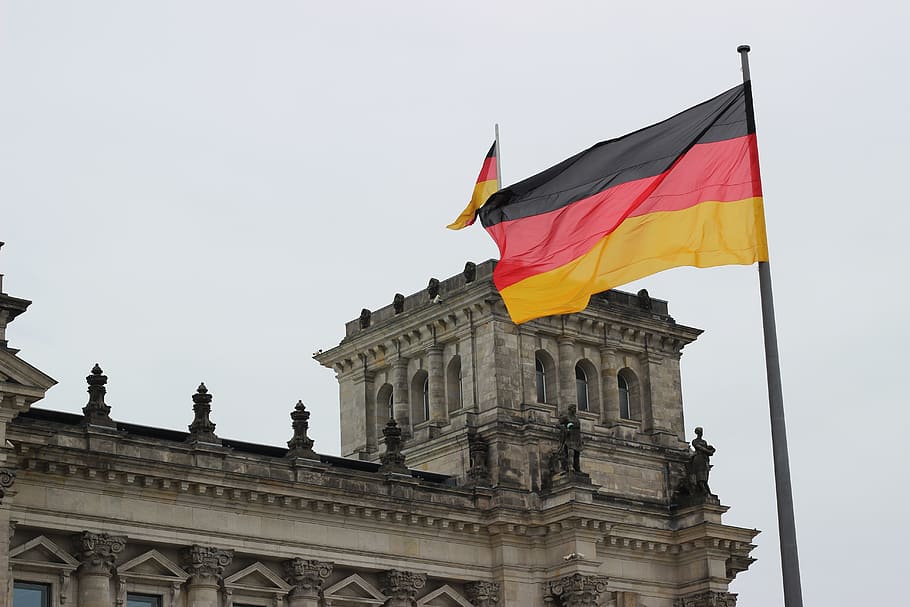World
New Sick Man of Europe? Germany’s Battered Economy Faces Recession
By Belal Awad · July 26, 2023
In brief…
- The German economy is struggling with sharp decline in bank lending.
- IFO Institute President warns of a potential third quarter of recession.
- Germany continues to struggle with issues such as rising energy costs and the shift to electric vehicles in the auto industry.
- Geopolitical events, including the war in Ukraine and its impact on the oil market, are challenges Germany needs must successfully navigate to maintain its role as Europe's economic powerhouse.

The German economy continues to struggle with reports of a sharp decline in bank lending and as demand for commercial loans across the Euro Zone dropped to a record low last quarter. Decline in demand is likely to continue this summer as banks continue to squeeze access to credit.
IFO Institute President Clemens Fuest said the German economy faces real challenges as it contends with recession. “It’s pretty bad, I’m afraid,” Fuest said. “It’s the third consecutive decline of the [lending] index, and it’s a significant decline… It looks like the German economy is really having a hard time getting out of this recession we’ve been in for two quarters now. It looks increasingly likely that we will also have shrinking GDP in the third and the second quarter this year. So that would be the third quarter of recession. The data coming in today suggests we are still in recession.”
As the situation unfolds, concerns arise over Germany’s position within Europe’s economic landscape. Asked whether Germany could be could the “sick man of Europe,” Fuest replied, “I think that’s maybe too much. The sick man metaphor refers more to the structural issues. I think here we have a short-term problem. We have a recession.”
According to Fuest, Germany also faces significant longer-term issues such as rising energy costs and the bumpy conversion of its auto industry to electric vehicles. “The car industry, which is so important for Germany, is going through a huge shift towards electric mobility. These are all challenges for the German economy,” said Fuest.
Geopolitical events have also added to the complexity of the situation, said Fuest, with war in Ukraine and its effect on the oil market.
In any event, said Fuest, Germany will need to find a way to navigate these challenges in order to retain its long-held role as Europe’s economic powerhouse.